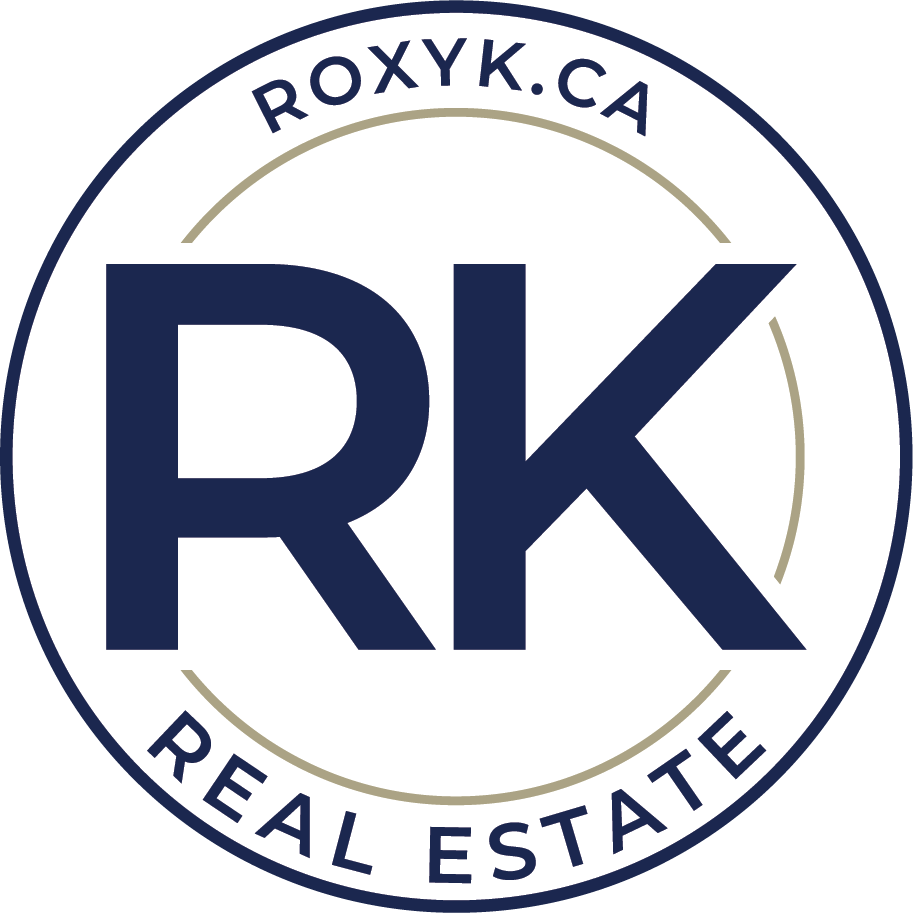
You’ve been pre-approved and know what you can afford, so it’s time to start home shopping. But the hunt for your dream home will stall rapidly if you don’t know what that “dream” looks like.
It’s easy to talk about wanting a “big” house or an “older” home. But in order to better target your real estate search, you must think specifically about your dream dwelling. Will your “big” house be 2,400 square feet or 5,000? When you say “older” home, do you mean one 20 years old or one 50 years old?
Sit down and make a list of your needs and wants — and yes, those are two different things. You may want a 2 car garage, but you probably could live without it.
Understand that your requirements list will likely change as you learn more about your housing options. Proximity to amenities may start as a priority, for example, but once you see the size of homes you can get in your price range, you may decide a short drive is bearable. Unless you have an unlimited budget, it’s likely you’ll need to make compromises along the way.
Use the tips and questions below to help you pinpoint what you like and don’t like about your current home, so you can find more comfort and pleasure in your dream home. Then, make time to rank specific home features as “Must Have,” “Like to Have” or “Don’t Care”
Getting your finances in order before searching for your dream home can make all the difference in a competitive market. Determining your budget and how much financial wiggle room you have can help put your must-haves more clearly into view. Ask yourself:
1. Are you pre-approved for a mortgage?
2. What’s your price range?
3. How much do you have saved for a down payment? What about future repairs?
4. Are you willing to do extra renovations or do you want a turnkey property?
Consider your current lifestyle and plan for the future
You may have a picture-perfect home in mind, or you may not know where to even start when it comes to imagining your future place to live. It may help to first consider your basic needs and non-negotiables in a home. Begin by considering where you live now — what are your favorite things about your home, and what do you need to change? Think about whether:
1. You need space for a future nursery or a home office
2. You need any special features for your pets like a fenced-in yard
3. You need wheelchair access or limited stairs
4. You need a space for a car or is street parking sufficient
5. Walkability is important to you
6. You plan on changing jobs in the next 1-2 years
Pick your preferred home style and type
Once you have the basics figured out, it can help lay the groundwork for determining what features you want in a house. Consider the different types of houses on the market in the neighborhoods where you want to buy. Ask yourself these questions:
1. How many stories do you want?
2. Do you want to live in a townhouse, condo or single-family house?
3. Could you live in a historic home?
4. How many bedrooms?
5. How many bathrooms?
6. Want a guest room?
7. What type of flooring do you like?
8. What architectural styles do you like best?
9. What’s your favorite room, and what makes spending time there enjoyable?
10. If you have an outdoor space, do you enjoy spending time there?
11. Do you enjoy taking care of a yard… or feel burdened by it (be honest!)?
Choose a location
You can change your paint colors to refresh the feel of your home but you can’t alter where your home is located. When finding your dream home, it’s easy to get caught up in its features, but you should also consider your surroundings:
1. What neighbourhood do you want to live in?
3. Do you want easy access to highways or public transportation?
4. How important is the view?
5. Can you sleep easily with traffic noise?
6. Do you want to be involved in community activities?
7. Are there parks within walking or biking distance?
8. Do the property taxes and/or HOA fees fit your budget?
Think you’ve found the perfect home in the perfect area? Before buying, it’s still always a good idea to explore the neighborhood and ask yourself the following:
1. Are you happy with your neighborhood?
2. Are there enough activities going on around you — or too many?
3. Are you happy with your commute?
4. Do you have to travel far for basics such as groceries or a doctor’s appointment?
Do you need to re-evaluate any of your must-haves?
Get a feel for the home and consider anything you may have left off of your list. Remember, paint can be replaced and staged furniture will change, but there are aspects that can’t change so easily:
1. Is there enough space or too much space?
2. Where could you use more space?
3. How would you describe the layout?
4. Do you like the fixtures and finishes?
5. Are you happy with the windows?
6. Does the home have curb appeal?
7. Does the home have adequate parking?
Once you know what you’re looking for in a home, you’ll be ready to find the right agent to partner with for your search, and that’s where I come in.
It’s easy to talk about wanting a “big” house or an “older” home. But in order to better target your real estate search, you must think specifically about your dream dwelling. Will your “big” house be 2,400 square feet or 5,000? When you say “older” home, do you mean one 20 years old or one 50 years old?
Sit down and make a list of your needs and wants — and yes, those are two different things. You may want a 2 car garage, but you probably could live without it.
Understand that your requirements list will likely change as you learn more about your housing options. Proximity to amenities may start as a priority, for example, but once you see the size of homes you can get in your price range, you may decide a short drive is bearable. Unless you have an unlimited budget, it’s likely you’ll need to make compromises along the way.
Use the tips and questions below to help you pinpoint what you like and don’t like about your current home, so you can find more comfort and pleasure in your dream home. Then, make time to rank specific home features as “Must Have,” “Like to Have” or “Don’t Care”
Getting your finances in order before searching for your dream home can make all the difference in a competitive market. Determining your budget and how much financial wiggle room you have can help put your must-haves more clearly into view. Ask yourself:
1. Are you pre-approved for a mortgage?
2. What’s your price range?
3. How much do you have saved for a down payment? What about future repairs?
4. Are you willing to do extra renovations or do you want a turnkey property?
Consider your current lifestyle and plan for the future
You may have a picture-perfect home in mind, or you may not know where to even start when it comes to imagining your future place to live. It may help to first consider your basic needs and non-negotiables in a home. Begin by considering where you live now — what are your favorite things about your home, and what do you need to change? Think about whether:
1. You need space for a future nursery or a home office
2. You need any special features for your pets like a fenced-in yard
3. You need wheelchair access or limited stairs
4. You need a space for a car or is street parking sufficient
5. Walkability is important to you
6. You plan on changing jobs in the next 1-2 years
Pick your preferred home style and type
Once you have the basics figured out, it can help lay the groundwork for determining what features you want in a house. Consider the different types of houses on the market in the neighborhoods where you want to buy. Ask yourself these questions:
1. How many stories do you want?
2. Do you want to live in a townhouse, condo or single-family house?
3. Could you live in a historic home?
4. How many bedrooms?
5. How many bathrooms?
6. Want a guest room?
7. What type of flooring do you like?
8. What architectural styles do you like best?
9. What’s your favorite room, and what makes spending time there enjoyable?
10. If you have an outdoor space, do you enjoy spending time there?
11. Do you enjoy taking care of a yard… or feel burdened by it (be honest!)?
Choose a location
You can change your paint colors to refresh the feel of your home but you can’t alter where your home is located. When finding your dream home, it’s easy to get caught up in its features, but you should also consider your surroundings:
1. What neighbourhood do you want to live in?
3. Do you want easy access to highways or public transportation?
4. How important is the view?
5. Can you sleep easily with traffic noise?
6. Do you want to be involved in community activities?
7. Are there parks within walking or biking distance?
8. Do the property taxes and/or HOA fees fit your budget?
Think you’ve found the perfect home in the perfect area? Before buying, it’s still always a good idea to explore the neighborhood and ask yourself the following:
1. Are you happy with your neighborhood?
2. Are there enough activities going on around you — or too many?
3. Are you happy with your commute?
4. Do you have to travel far for basics such as groceries or a doctor’s appointment?
Do you need to re-evaluate any of your must-haves?
Get a feel for the home and consider anything you may have left off of your list. Remember, paint can be replaced and staged furniture will change, but there are aspects that can’t change so easily:
1. Is there enough space or too much space?
2. Where could you use more space?
3. How would you describe the layout?
4. Do you like the fixtures and finishes?
5. Are you happy with the windows?
6. Does the home have curb appeal?
7. Does the home have adequate parking?
Once you know what you’re looking for in a home, you’ll be ready to find the right agent to partner with for your search, and that’s where I come in.

